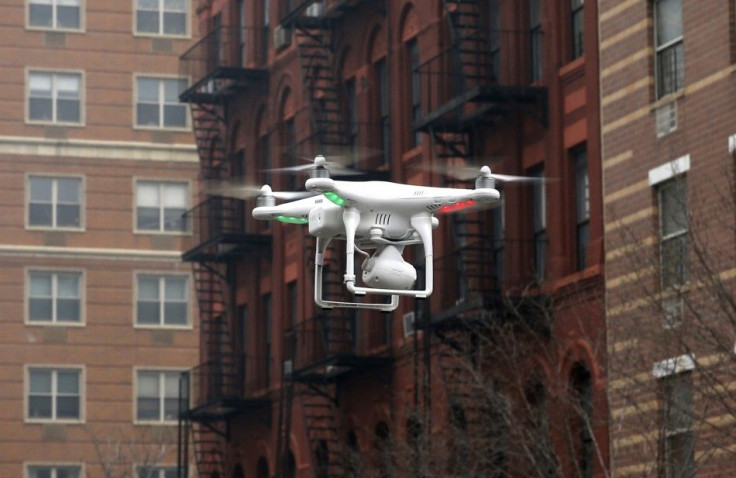FAA Shots Down Drone Use for Real Estate Industry

The Federal Aviation Administration (FAA) is keeping the real estate industry on the ground, literally.
The FAA filed for an appeal after a U.S. judge early this year, 2014, struck down its ban on commercial use of drones. The FAA warned real estate brokers they could face up to $10,000 in fine if they violate the ban.
On June 18, the FAA issued a statement detailing the ban on the commercial use of drones. According to the FAA, drones do not qualify as model aircraft and is under federal regulations. But the FAA allows hobbyists to fly drones with limitations. Hobbyists must fly their drones within 400 feet off the ground and should take their hobby away from commercial airports.
The FAA's ban on the use of commercial drones include:
- Realtors taking photos of a property they are listing.
- Farmers monitoring crops and spraying fields.
- Delivery of packages.
- Taking photos from a drone and selling them.
The U.S. Congress has given the FAA until September 2015 to draft regulations on the use of unmanned aerial vehicles. However, a report issued by the federal agency showed the FAA is not likely to meet the deadline as it admitted it was having major regulatory and technical challenges in drafting the rules.
One of the challenges involve the FAA's inadequate time to meet safety concerns in integrating drones into national airspace.
Brendan Schulman, a New York attorney and legal expert on drones, told USA Today that among the safety concerns raised by the FAA is the potential risk drones pose to manned aircrafts. Among Schulman's clients is Raphael Pirker, who initiated the legal challenge against the FAA's ban that led to a judge's ruling reversing the Feds order.
But while the FAA debates on the new rule, the real estate industry is looking forward to be finally allowed to use drones to push sales. The drones will give realtors the opportunity to use new and economical ways to advertise their properties.
"There's a cool factor," Bill Knapp III, co-owner of Ironwood Homes Inc., was quoted as saying by Desmoinesregister.com. Knapp recently began using a four-propeller helicopter to film the luxury homes that his Des Moines-area company builds and sells. "There is something about being able to see things from the sky that people are really enamored with. This allows us to do that with HD-quality video."
Admittedly, the drone technology is going to cut the physical costs of real estate marketing. The use of drones will definitely be a game-changer in the real estate industry once the FAA gives its green light sometime in 2015. As the industry awaits the FAA's nod and list of guidelines for the use of drones, tech companies are launching new innovations in the space.
In the meantime, realtors can take advantage of existing tools to allow them to market their properties to prospective homebuyers through online video. RealBiz Media, Inc. (OTC: RBIZ), a real estate technology leader, offers one of the lowest rates in the industry for hosting targeted local video listings for real estate agents and brokers.
One of its offerings, the Microvid App program, which syndicates video posts on top-ranking real estate sites like Zillow (NASDAQ: Z) and Realtor.com (NASDAQ: MOVE), costs only $10 monthly, allowing agents to widen their reach at an affordable cost. Compared with agents' average marketing spend of $36,000, this definitely saves real estate agents a lot of money.






